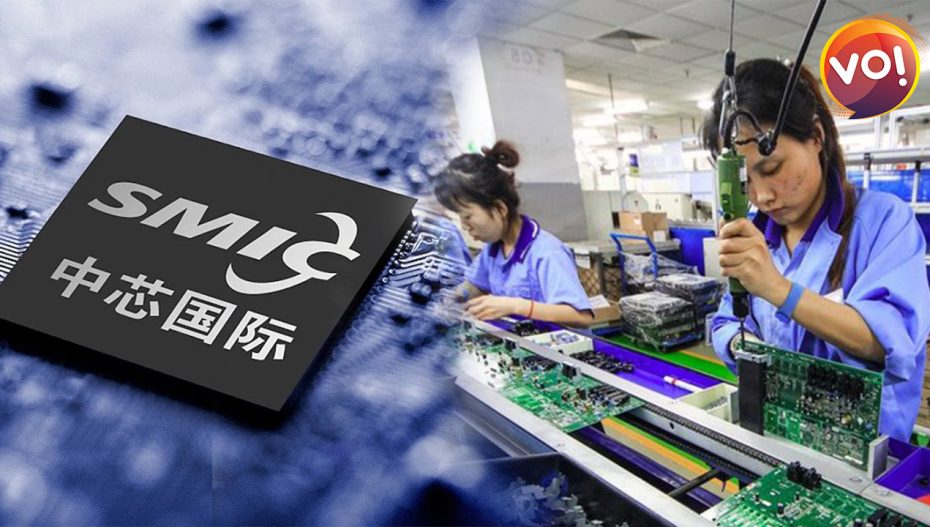China is known to set up its own world order. While most countries hold China as blatantly defiant of international protocols, the dragon looks upon its enterprises as vested in its economic growth. Over the years, Xi’s iron hand has fisted China as a formidable power and one that threatens to re-align world powers.
Little wonder then that the Semiconductor Manufacturing International Corporation’s shipping of 7 nanometer chips (nm) for application-specific integrated circuit (ASIC) is reason to worry. So far, only Samsung headquartered in South Korea and Taiwan Semiconductor Manufacturing Company were known to have the expertise to indigenously mass produce 7nm ASICs. These chips are customized for a particular use, rather than intended for general-purpose use. For example, a chip designed to run in a digital voice recorder or a high-efficiency video code.
Processors are made up of semiconductors. The less their size means the less amount of heat they produce. A 7nm processor requires less energy and produces less amount of heat in comparison to a 14nm process. In other words, China could soon become the global manufacturing hub for 7nm chips, thereby once again tilting the economic balance in its favour.
Semiconductor Manufacturing International Corporation (SMIC) is a partially state-owned publicly-listed Chinese pure-play semiconductor foundry company. It is the largest contract chip maker in mainland China. SMIC is headquartered in Shanghai and incorporated in the Cayman Islands.
SMIC is slowly but surely approaching position as the world’s third largest foundry and has higher margins than the current number 3, GlobalFoundries. SMIC has achieved this through a combination of large subsidies from the state, poaching TSMC talent and tremendous home-grown expertise. Their chips ship in large volumes for a variety of uses: smartphones to the world’s fastest supercomputer. The foundry has now quietly released and started mass production of their 7nm process node dubbed N+2.
The chips are being shipped in the open market. While the US has high hopes pinned on Intel, there are no Intel 7 class foundry chips commercially currently available. Intel still has to build its foundry operations. The most advanced American or European foundry produced chips are from GlobalFoundries and the 12nm ones.
China’s little wonder is being used for mining cryptocurrencies, but in the future, this process technology could be scaled up and adopted for high end supercomputer and consumer applications.
Also Read: Foundry Industry Faced With Bleak Prospects; Gujarat Hub Of Foundry Biz Hit Worst













